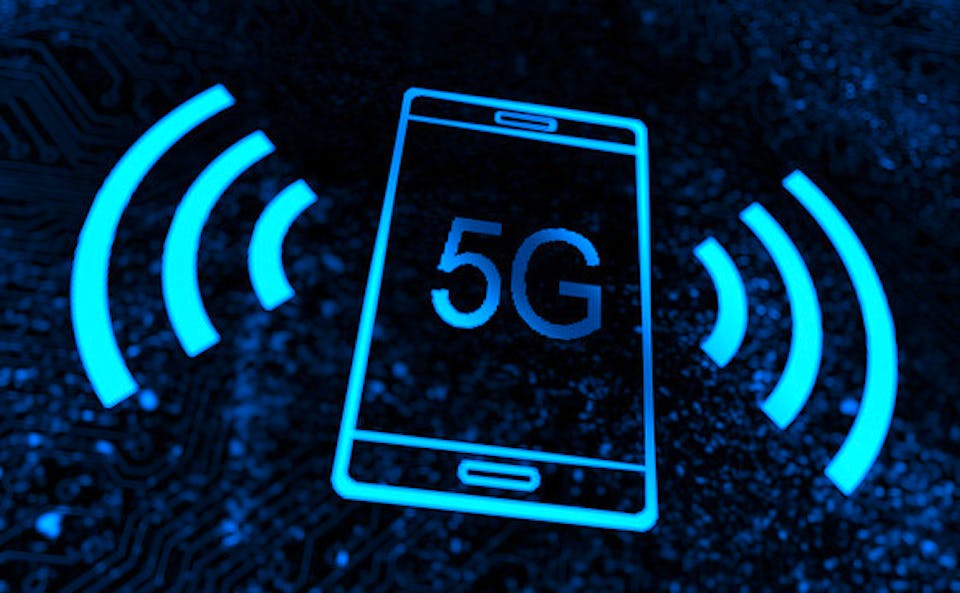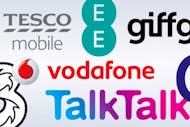Preparations for the rollout of a 5G network are well underway in the UK with many of the market's biggest players rushing to develop 5G-enabled smartphones and the extra capacity spectrum being auctioned off to the highest bidder.
But what exactly is 5G? Our guide will explain all you need to know about this new technology, like what speeds you can realistically expect to receive and when it'll become available.
What is 5G?
The next incarnation of the wireless mobile technology which provides significantly faster download and upload speeds, extremely low levels of latency and higher-quality voice and video calls than the current 4G standard.
What is the 5G network speed?
As the official release of 5G is still a little while away, it’s difficult to say for certain exactly what kind of 5G network speeds will be on offer. It’s also definitely worth remembering that, much like with home broadband, you likely won’t always be able to achieve the top speed.
Some simulated testing and professional estimates state that in theory, they could potentially be able to reach anywhere from 1Gbps to a truly staggering 10Gbps.
When will 5G be available in the UK?
Unfortunately, the UK’s 5G rollout isn’t set to begin until at 2020 meaning that full widespread coverage probably won’t be seen for another year or two.
Qatar’s Ooredoo network are thought to have launched the world’s very first 5G network earlier this year while industry reports suggest that China, South Korea and the US are looking to follow suit sometime in 2019.
Which 5G phones are available in the UK?
5G-enabled smartphones currently aren’t yet available for purchase here in the UK, or indeed anywhere in the world, but most of the industry giants like Apple, Samsung, Huawei and OnePlus are all rumoured to be working on one for release next year.
5G vs 4G
5G will be superior to 4G in essentially every way providing significantly lower levels of latency and blazingly fast network speeds.
The average 4G speed across the UK is typically around a still fairly impressive 30Mbps but as mentioned above, it’s entirely possible that the next-generation 5G network could offer speeds of up to 10Gbps.
These kinds of speeds mean that even the very largest downloads will be completed in a matter of seconds, you can enjoy glossy 4K streaming on a compatible device, lag free video-calls, a brilliantly fast hotspotting performance and an all-round smoother and more responsive browsing experience.

Latency is broadly defined as the time in which it takes a particular data packet to travel from one location to another. Having a very low level of latency is crucial in online gaming as a slow server response time can seriously impede your ability to play properly.
Experts claim that you should easily be able to achieve a latency of 5ms or less on the UK’s 5G network in comparison to the 45ms that’s mostly seen with 4G, so a heavy amount of VR and graphically-intensive multiplayer online gaming will definitely be possible.
Coverage is one area where, for the moment at least, 4G does definitely beat out 5G as most of the UK’s major providers like EE, O2, Three and Vodafone all sit directly at or just barely below 99% total coverage. Even when 5G is officially released, it'll be a good few years until it's able to reach this point.










